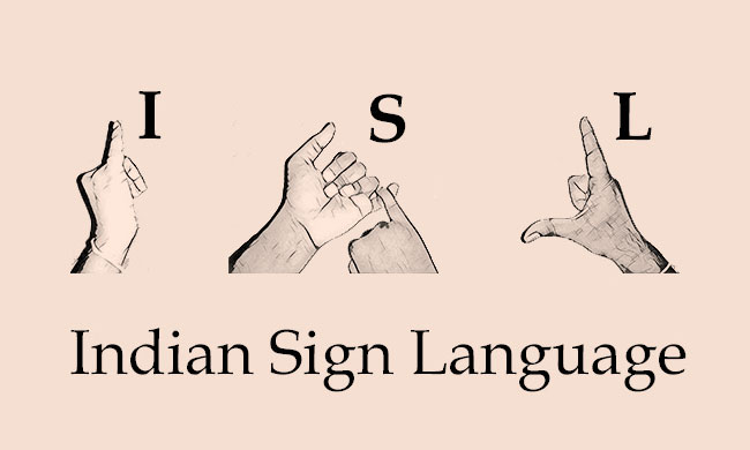Delhi HC Dismisses PIL To Include Sign Language in Schedule VIII of the Constitution
Karan Tripathi
9 July 2019 2:55 PM IST

Next Story
9 July 2019 2:55 PM IST
Delhi High Court holds that there are adequate provisions under Persons With Disabilities Act, 2016, to recognize, preserve and promote Indian Sign Language. The court, however, rejected the claim of the petitioner to direct the government to include ISL in Schedule VIII of the Constitution. The petitioner had argued that due to inadequate awareness about Indian Sign Language, persons...
